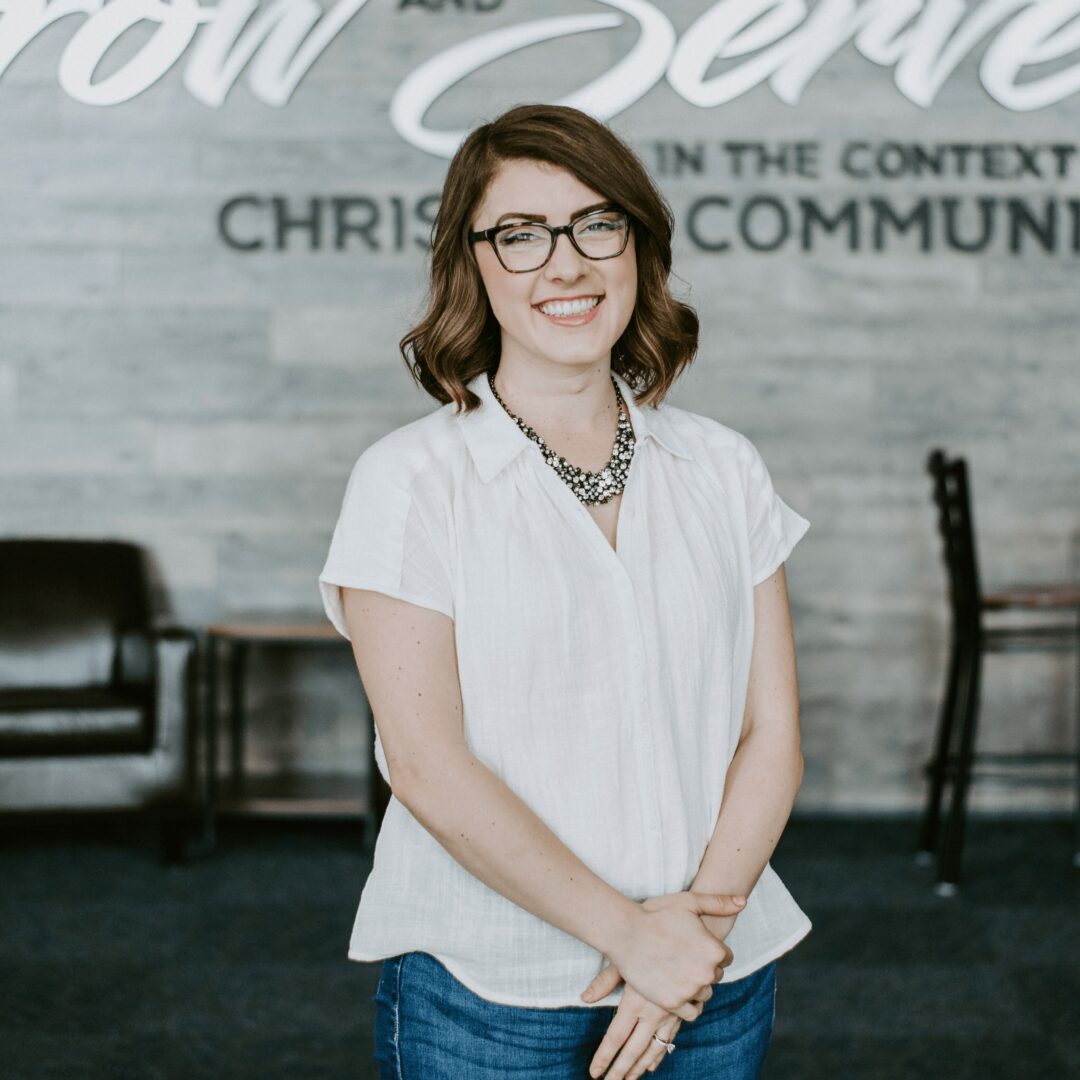We were lucky to catch up with Lauren Gibson recently and have shared our conversation below.
Lauren, thanks so much for taking the time to share your insights and lessons with us today. We’re particularly interested in hearing about how you became such a resilient person. Where do you get your resilience from?
I believe that personal resilience is the ability to bounce back from adversity, adapt to challenges, and maintain a sense of purpose despite difficulties and is a skill cultivated over time, influenced by a combination of internal beliefs, external support systems, and life experiences. I believe that a critical source of resilience is the mindset in which one cultivates. A growth mindset, as defined by psychologist Carol Dweck, emphasizes the belief that abilities and intelligence can be developed through effort and learning. This perspective fosters resilience by encouraging individuals to view challenges as opportunities for growth rather than insurmountable barriers. Additionally, practices like mindfulness and self-compassion play a significant role in building resilience. By remaining present and treating oneself with kindness, individuals can better navigate emotional difficulties and maintain a sense of balance during turbulent times. External support systems also play a pivotal role in fostering my personal development of resilience. Friends, family, mentors, and my church community have provided further emotional support, guidance, and practical assistance during my life, both personally and professionally. Knowing that one is not alone can make a significant difference in how challenges are perceived and tackled. Each success, no matter how small, reinforces the belief that resilience is possible. Conversely, failures and setbacks, while painful, provide valuable lessons that contribute to personal growth and adaptability. By nurturing self-awareness, cultivating supportive relationships, and embracing a growth-oriented perspective, I strive to continue to build and strengthen resilience, transforming life’s difficulties into opportunities for growth.
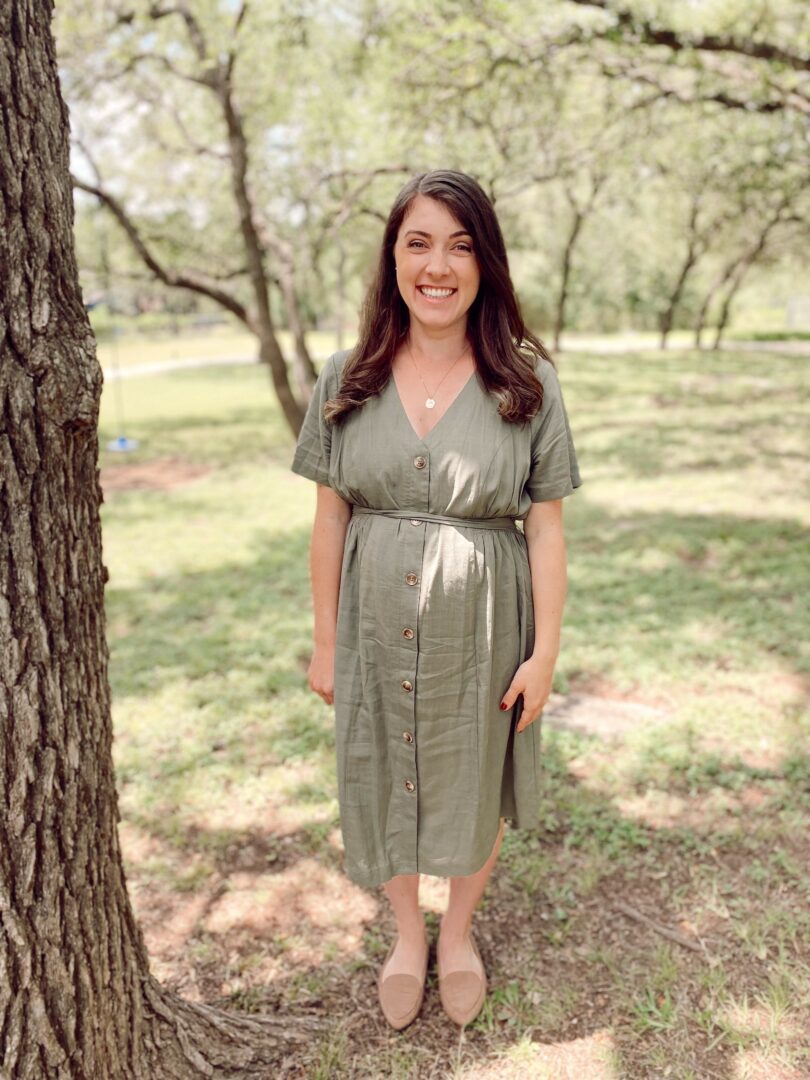
Thanks, so before we move on maybe you can share a bit more about yourself?
I received her Masters of Science degree in Counseling Psychology: Marriage and Family Therapy, Professional Clinical Counseling and my Bachelor of Arts in Psychology accompanied by a minor in Global Studies from California Baptist University. Today, I am honored to provide individual and couples counseling while residing in the Austin (Texas) area as Licensed Marriage and Family Therapist – licensed in the states of California and Texas.
In addition to my educational studies, I received training in Play Therapy and become a trained Level 3 Gottman Therapist to further assist clients toward meeting their treatment goals. I have had the opportunity to partner with patients in crisis stabilization while serving as a therapist in a inpatient hospital setting as well as outpatient and private practice counseling services and providing supervision to graduate clinical therapists. I’m passionate about partnering with individuals and couples as they navigate their journey of becoming a parent and family – including postpartum mental health and fertility/prenatal. I utilize a variety of approaches when working with clients including client centered therapy, attachment based, narrative therapy, dialectical behavioral therapy (DBT), and cognitive behavioral therapy (CBT). I may additionally incorporate mindfulness practices, play therapy, and art into my therapeutic interventions dependent on the goals of the client(s).
In additional to providing counseling services, I have been honored to provide many opportunities to serve as a speaker in Los Angeles County, San Francisco Bay Area, and the Austin (Texas) region on topics related to grief, postpartum mental healthy difficulties, trauma, childhood development, anxiety, and depression. I additionally serve as an Adjunct Professor at Houston Christian University and Colorado Christian University. When I am not in the office I can be found spending time with my husband and 3 kids, exploring my local community with my three dogs, kayaking, or enjoying a good cup of coffee.
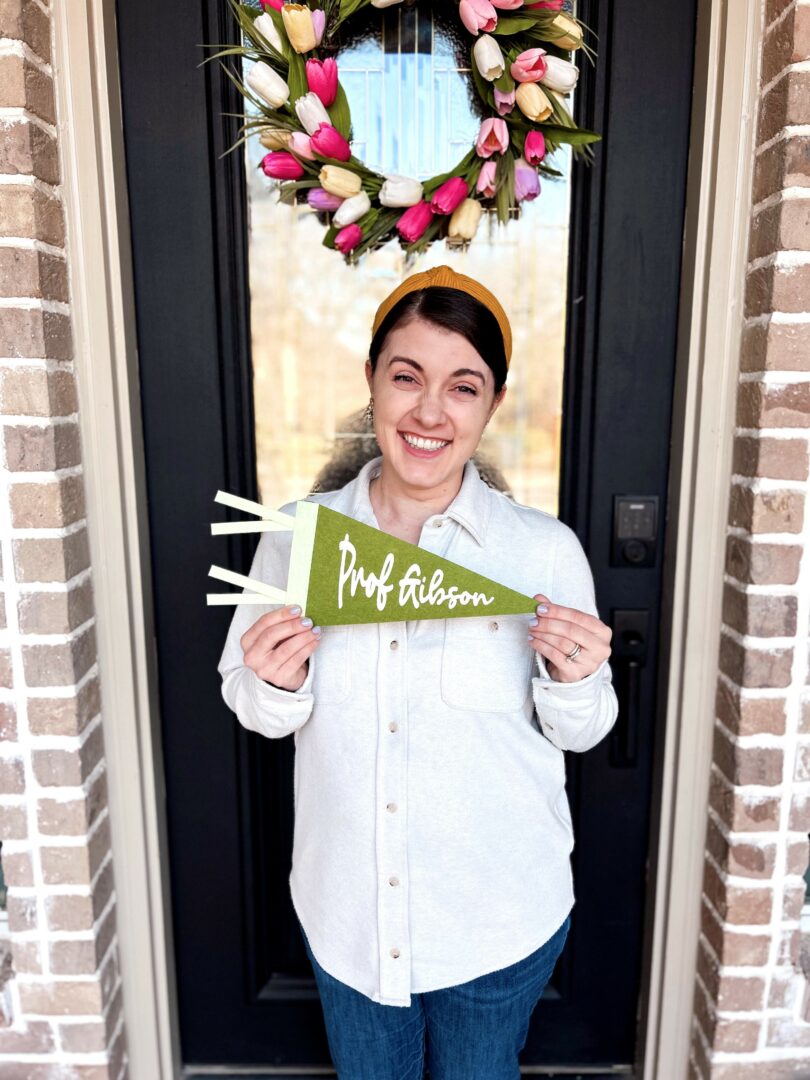
Looking back, what do you think were the three qualities, skills, or areas of knowledge that were most impactful in your journey? What advice do you have for folks who are early in their journey in terms of how they can best develop or improve on these?
The role of a clinician extends far beyond diagnosing and treating illnesses; it encompasses the ability to connect with patients on a human level, adapt to evolving medical knowledge, and maintain personal well-being to provide the best possible care. Empathy, lifelong learning, and self-care are three critical pillars that profoundly impact the effectiveness and sustainability of a clinician’s practice. Together, I believe these qualities foster a holistic approach to healthcare that benefits both patients and providers.
Empathy, the ability to understand and share the feelings of others, is fundamental to building trust and rapport with patients. It allows clinicians to see beyond the symptoms and understand the emotional, psychological, and social dimensions of a patient’s experience. When patients feel heard and valued, they are more likely to adhere to treatment plans, communicate openly, and engage actively in their care.
Moreover, empathy enhances diagnostic accuracy. By listening attentively and considering the patient’s perspective, clinicians can gather nuanced information that may be overlooked in a purely clinical assessment. Empathy also reduces the likelihood of medical errors by fostering clear communication and collaboration between clinicians and patients.
However, practicing empathy requires emotional resilience. Clinicians often encounter distress, which can lead to compassion fatigue if not managed effectively thus, empathy must be balanced with strategies to protect one’s emotional health, ensuring it remains a source of strength rather than a vulnerability.
Beyond technical knowledge, lifelong learning fosters critical thinking and adaptability. Clinicians who embrace a growth mindset are better equipped to navigate complex cases, integrate interdisciplinary perspectives, and innovate in their practice. Additionally, continuous learning enhances professional satisfaction by keeping the work intellectually stimulating and fulfilling.
Lifelong learning also extends to understanding cultural competence, ethics, and communication skills. As societies become more diverse, clinicians must remain open to learning about the unique needs and values of different patient populations. This adaptability not only improves patient outcomes but also reinforces the clinician’s role as a compassionate and informed advocate for health equity.
While clinicians dedicate their lives to caring for others, self-care is equally critical to sustaining their ability to do so effectively. The demands of the profession—long hours, emotional strain, and high stakes—can lead to burnout if not counterbalanced by intentional self-care practices.
Self-care involves prioritizing physical health through regular exercise, adequate sleep, and a balanced diet. Equally important is attending to mental and emotional well-being by setting boundaries, seeking support when needed, and engaging in activities that bring joy and relaxation.
A clinician who practices self-care models healthy behaviors for patients, reinforcing the importance of holistic wellness. Moreover, self-care enhances resilience, enabling clinicians to recover from setbacks and maintain a high standard of care. When clinicians prioritize their well-being, they are more present, empathetic, and effective in their interactions with patients and colleagues.
Empathy, lifelong learning, and self-care are interconnected elements that reinforce one another. Empathy drives the desire to learn continuously, as clinicians seek to improve their ability to serve patients. Lifelong learning equips clinicians with the tools to practice empathy effectively, providing the knowledge and skills needed to address complex patient needs. Self-care, in turn, sustains both empathy and the capacity for learning by preserving the clinician’s energy and mental clarity.
The impact of empathy, lifelong learning, and self-care as a clinician cannot be overstated. These qualities enable clinicians to provide compassionate, informed, and sustainable care, ultimately enhancing the lives of their patients and their own professional fulfillment. By embracing these pillars, clinicians can navigate the challenges of their profession with resilience and purpose, making a lasting difference in the lives they touch.
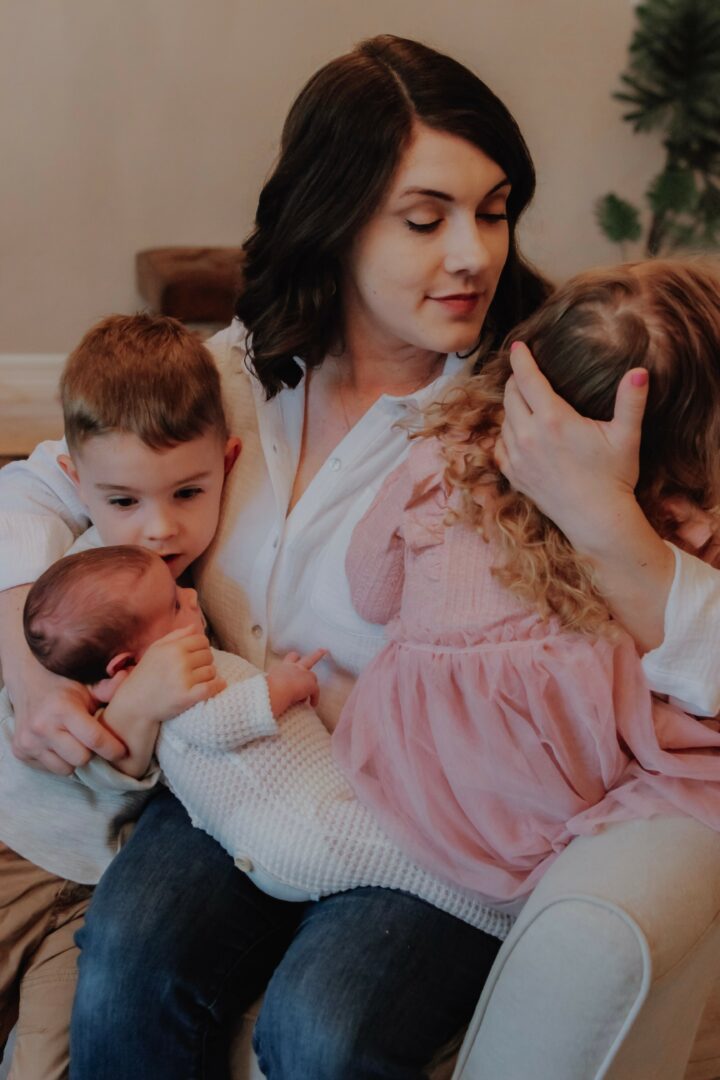
Tell us what your ideal client would be like?
Counseling is not a passive process; it requires active engagement from the patient, particularly outside of scheduled sessions. Therefore, my ideal patient is someone who understands that real change happens through consistent effort in their daily life. Commitment to work outside the counseling office signifies a patient’s readiness to take ownership of their healing journey. It demonstrates a recognition that progress is a collaborative effort. The ideal patient is also characterized by a willingness to learn and grow. Therapy often involves exploring new perspectives, challenging ingrained thought patterns, and developing healthier ways of coping. Patients who approach the process with curiosity and openness are more likely to embrace these opportunities for self-discovery and change.
A commitment to learning extends beyond intellectual understanding; it requires emotional engagement and a readiness to confront discomfort. Growth often involves facing fears, revisiting painful experiences, or unlearning maladaptive behaviors. The ideal patient recognizes that these challenges are integral to the process and is willing to persevere through them.
Furthermore, this commitment fosters a sense of empowerment. As patients gain insights and acquire new skills, they become more confident in their ability to navigate life’s complexities. This sense of agency enhances their overall well-being and reinforces the therapeutic process.
Lastly, I believe honesty is a cornerstone of effective counseling. Transparency allows the counselor to fully understand the patient’s situation and tailor interventions accordingly. Without honesty, the therapeutic process is hindered, as the counselor may be working with incomplete or inaccurate information.
Being honest in therapy is not always easy. Patients may feel vulnerable, fear judgment, or struggle to articulate their experiences. However, the ideal patient recognizes that honesty is essential for building trust and achieving meaningful progress. By expressing their true selves, patients create a space for authentic connection and deeper healing.
Honesty also includes being truthful with oneself. The ideal patient is willing to confront uncomfortable truths, acknowledge personal responsibility, and challenge self-deception. This self-awareness is a powerful catalyst for change, enabling patients to address the root causes of their struggles rather than merely treating symptoms.
The ideal patient is not defined by the severity of their challenges or the speed of their progress but by their approach to the counseling process. These traits not only enhance the effectiveness of therapy but also equip patients with the tools to sustain their growth long after the counseling process has ended. By embracing these principles, patients can transform their lives and unlock their full potential.
Contact Info:
- Website: https://laurenlmft.wordpress.com/
- Instagram: laurenlmft
- Linkedin: https://www.linkedin.com/in/laurenhgibson
- Other: Email: lgibsonmft@gmail.com
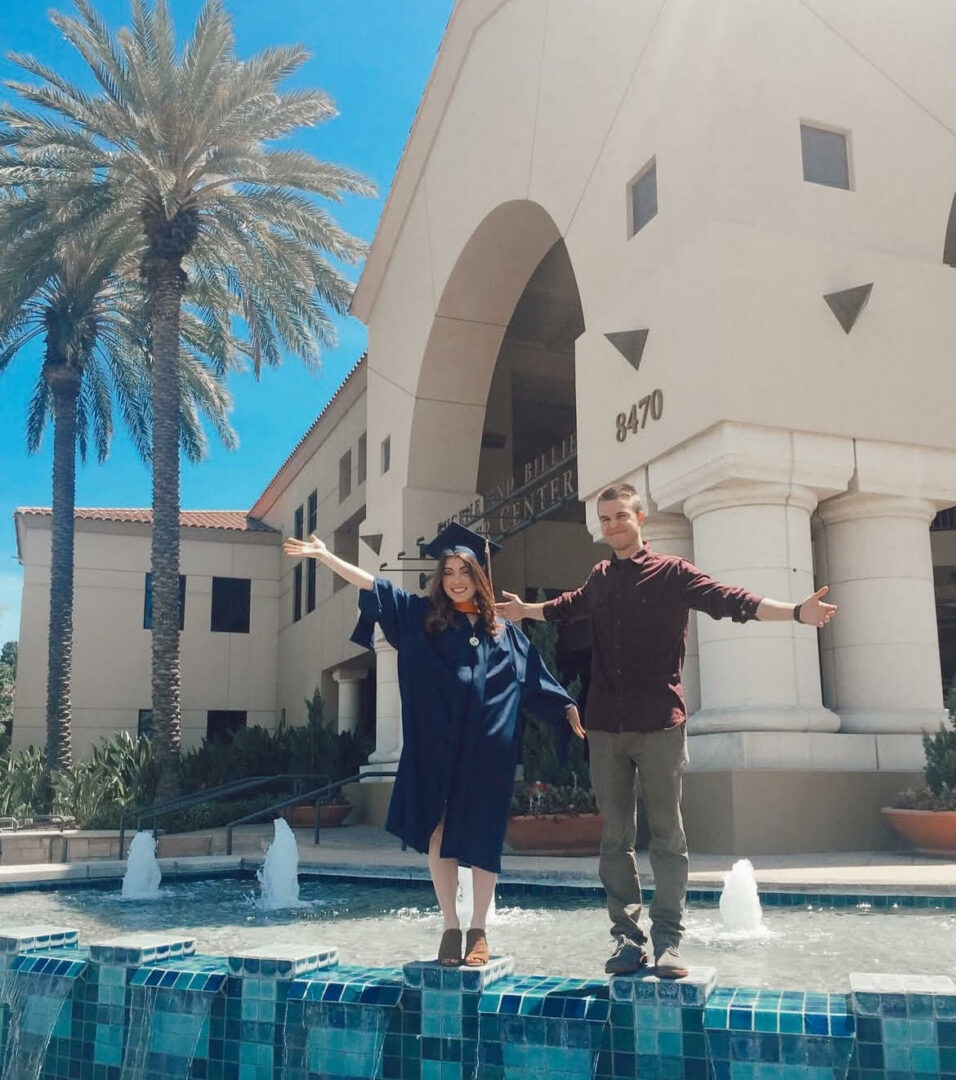
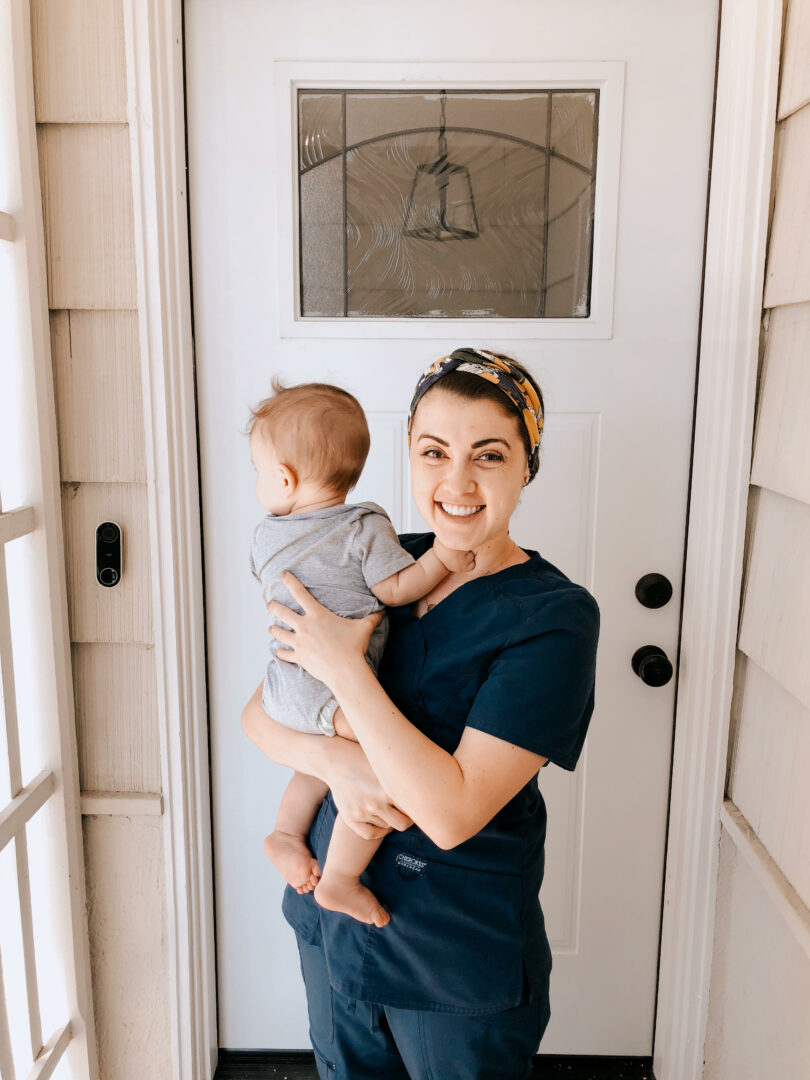
Image Credits
Family photo taken by Alexandra Lytle Photography (@alexandralytlephotography Instagram)
so if you or someone you know deserves recognition please let us know here.

